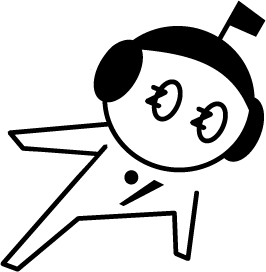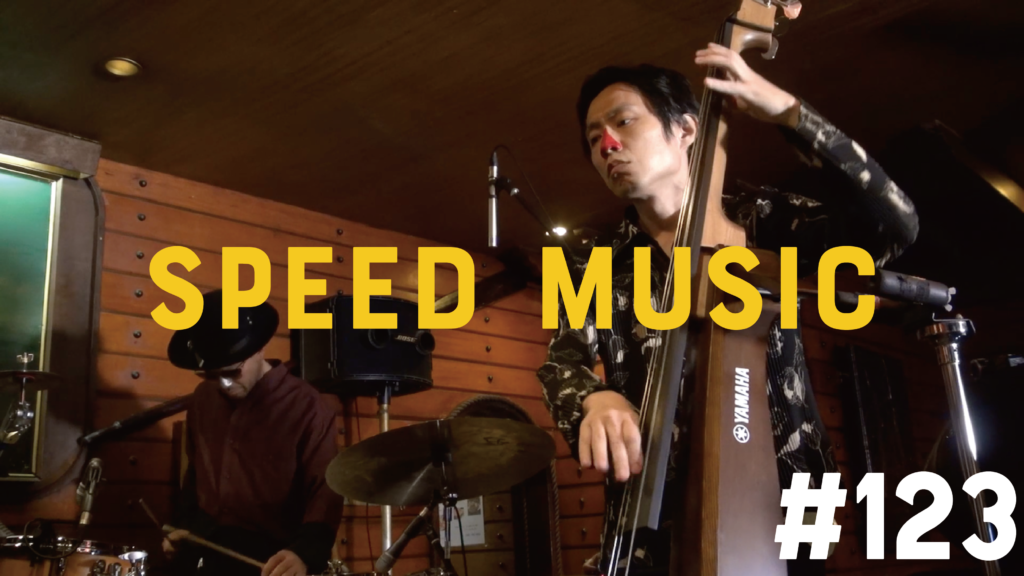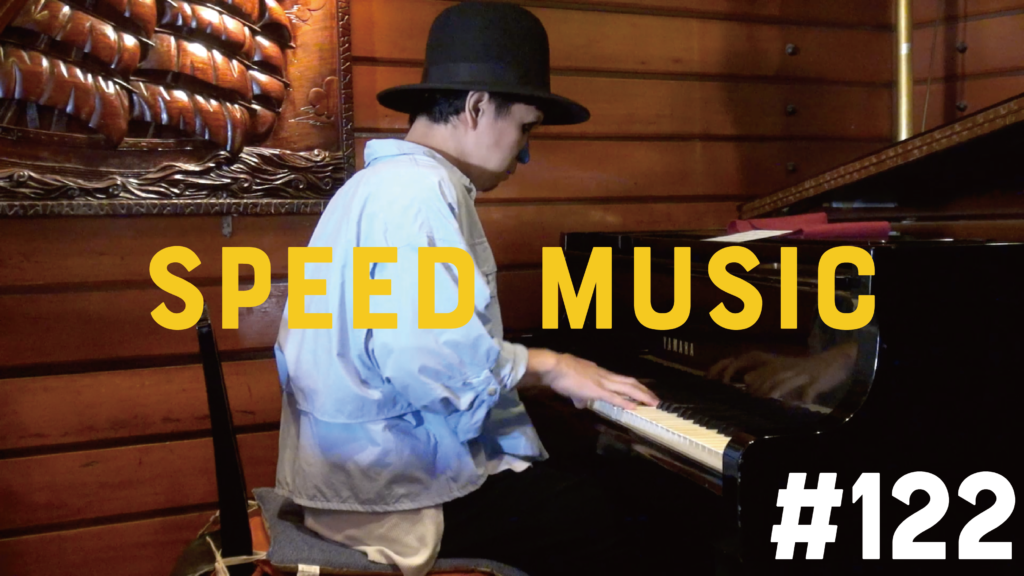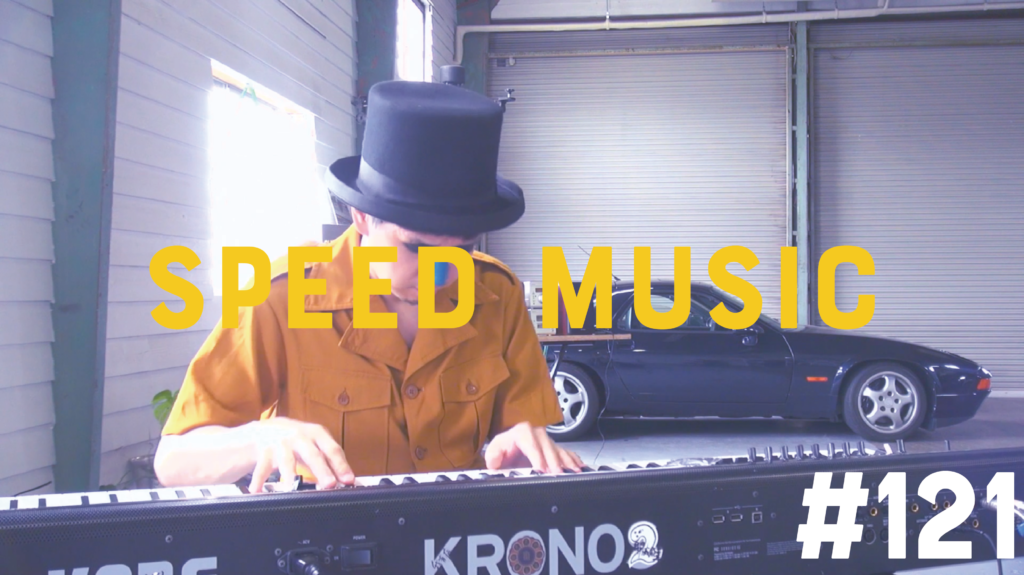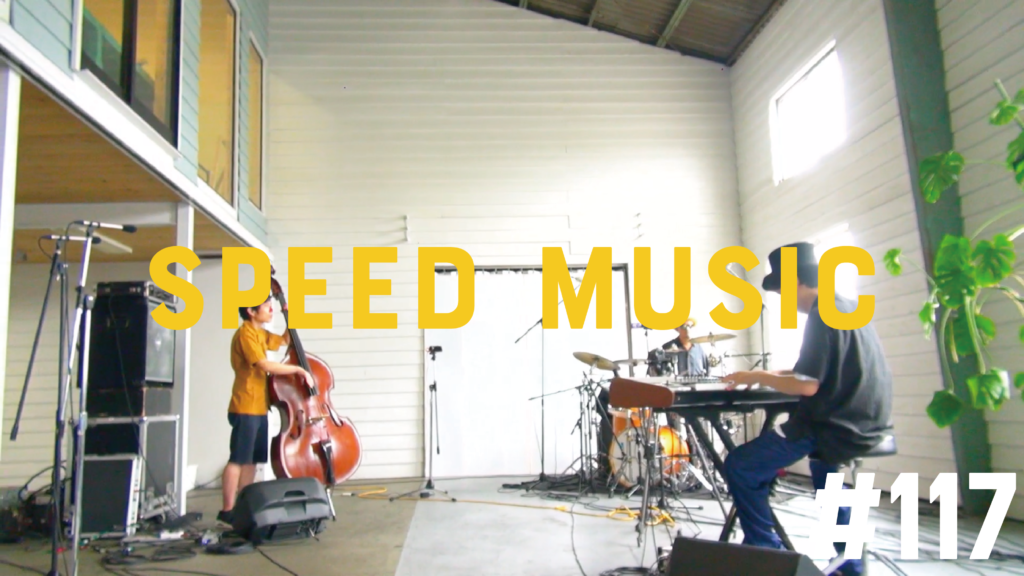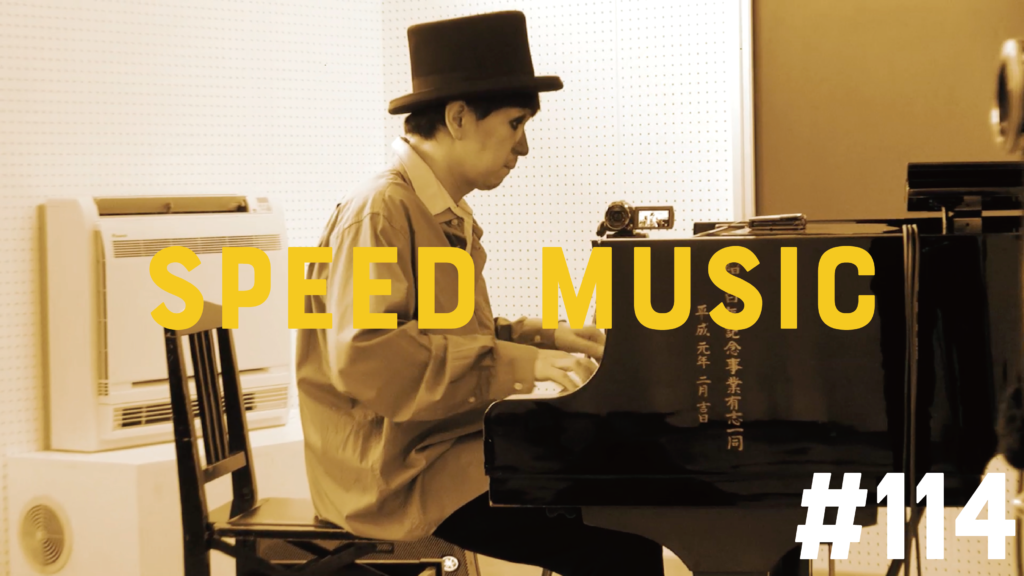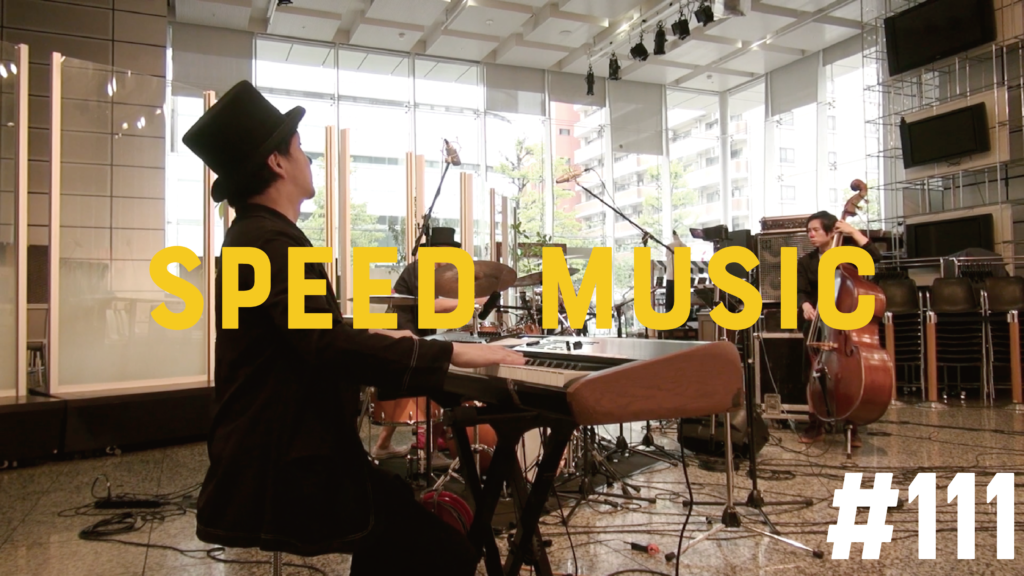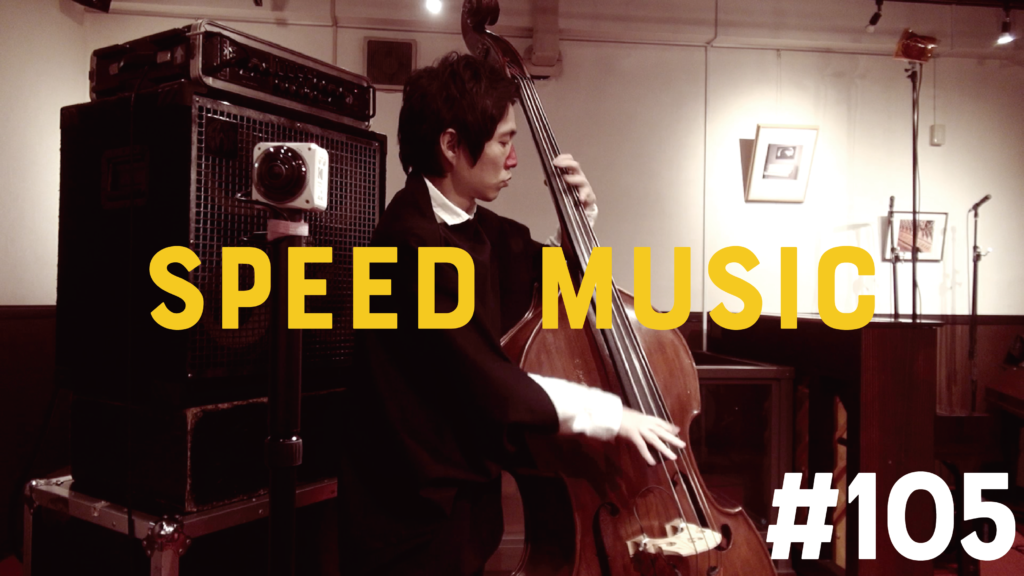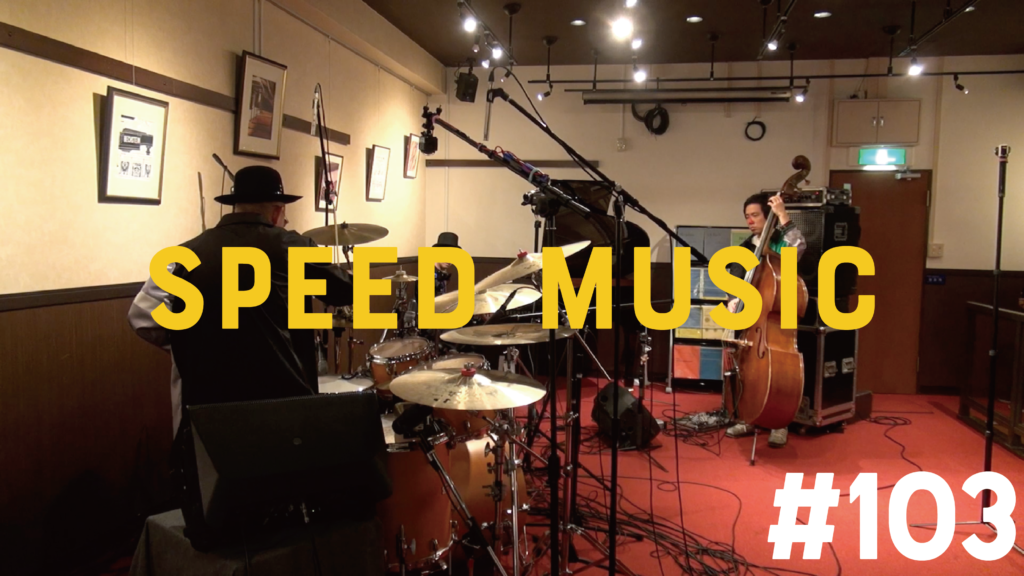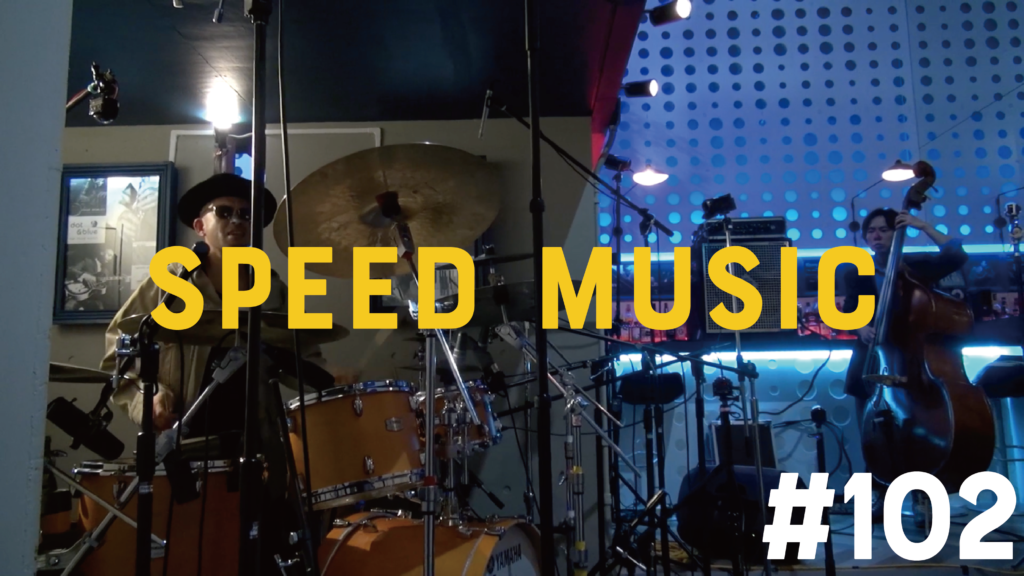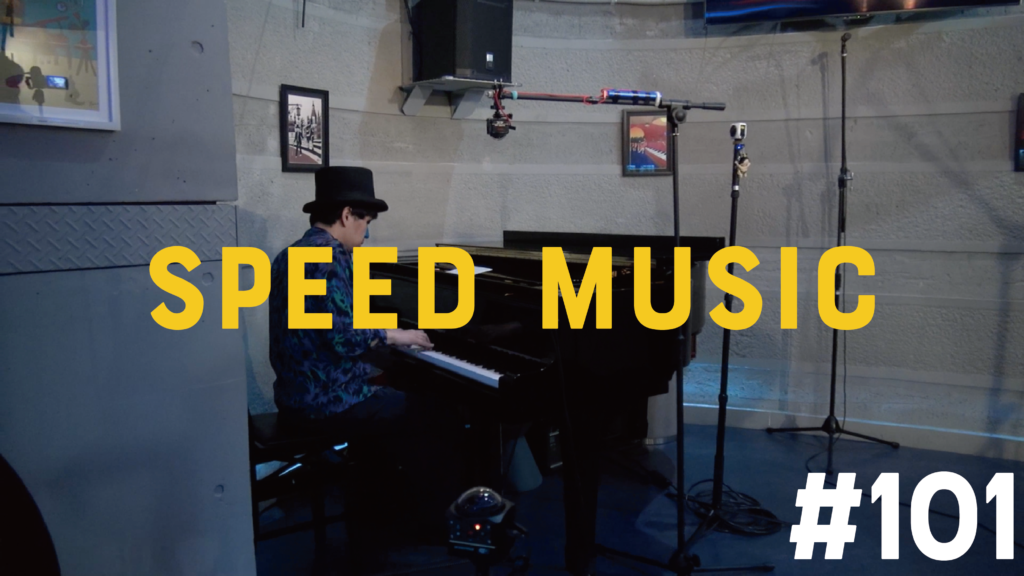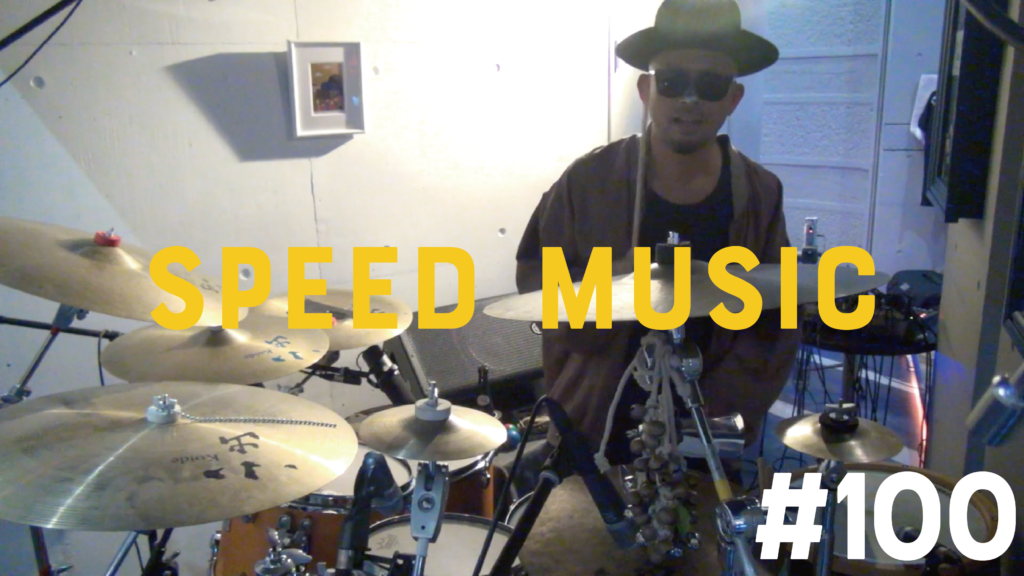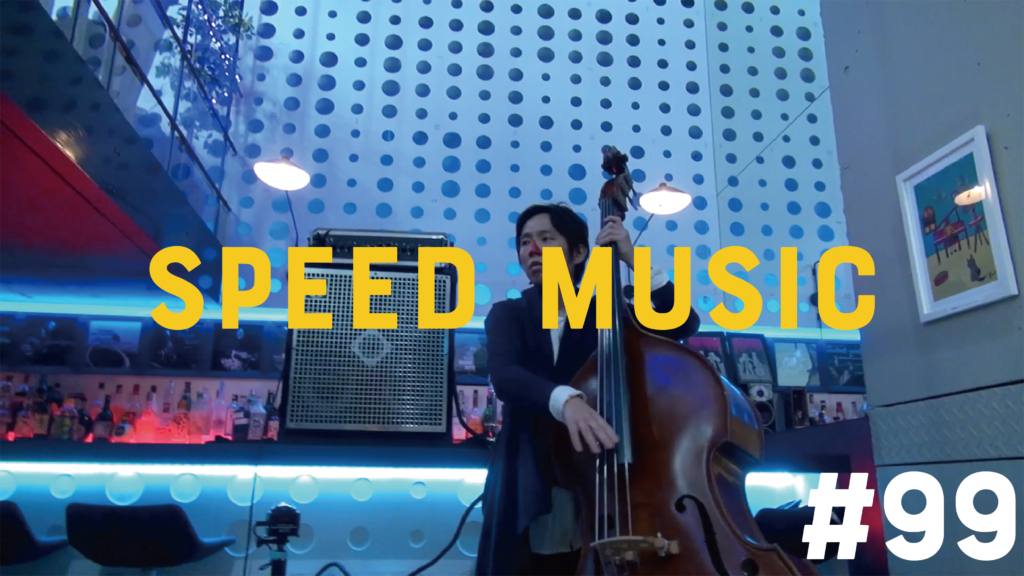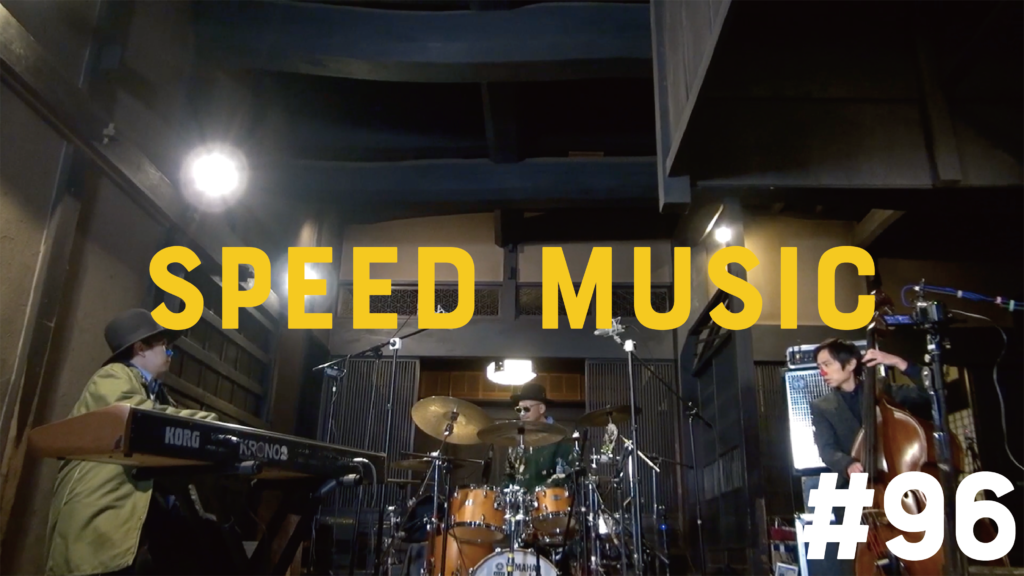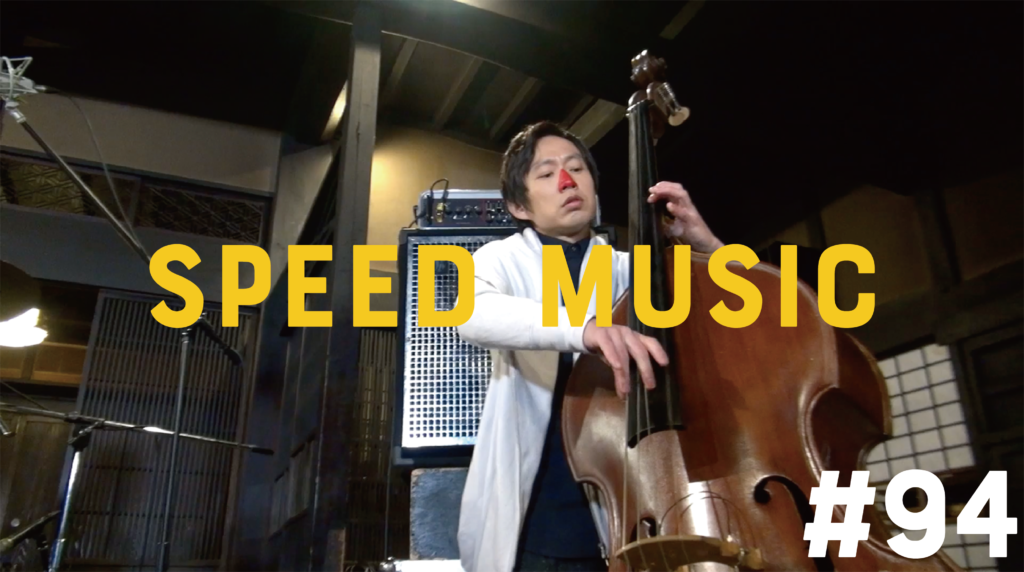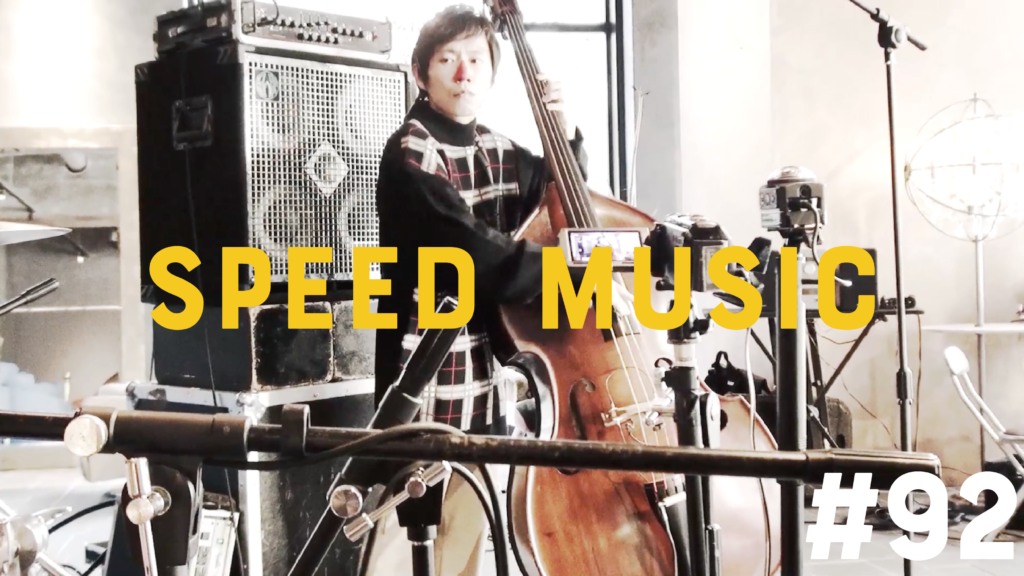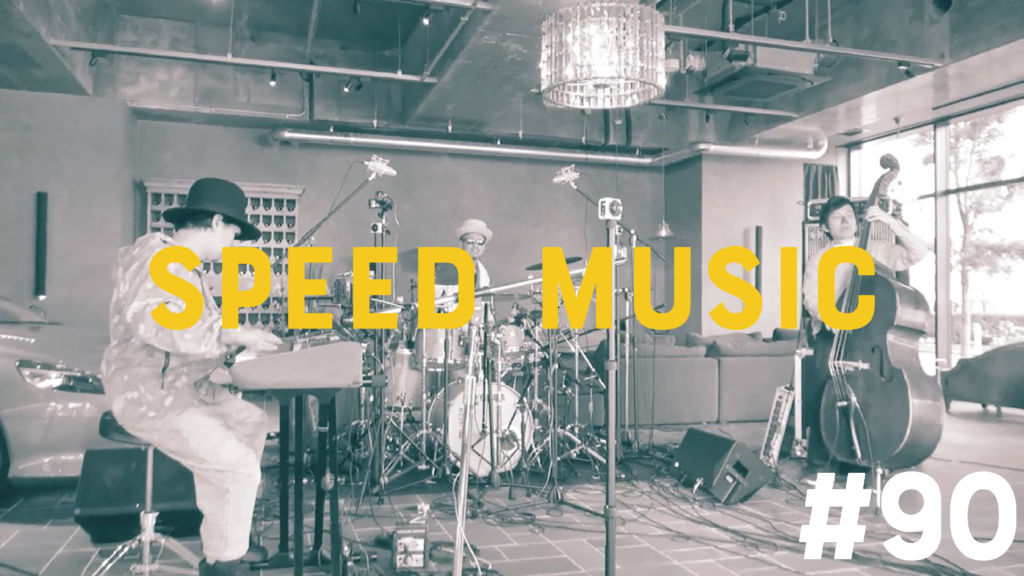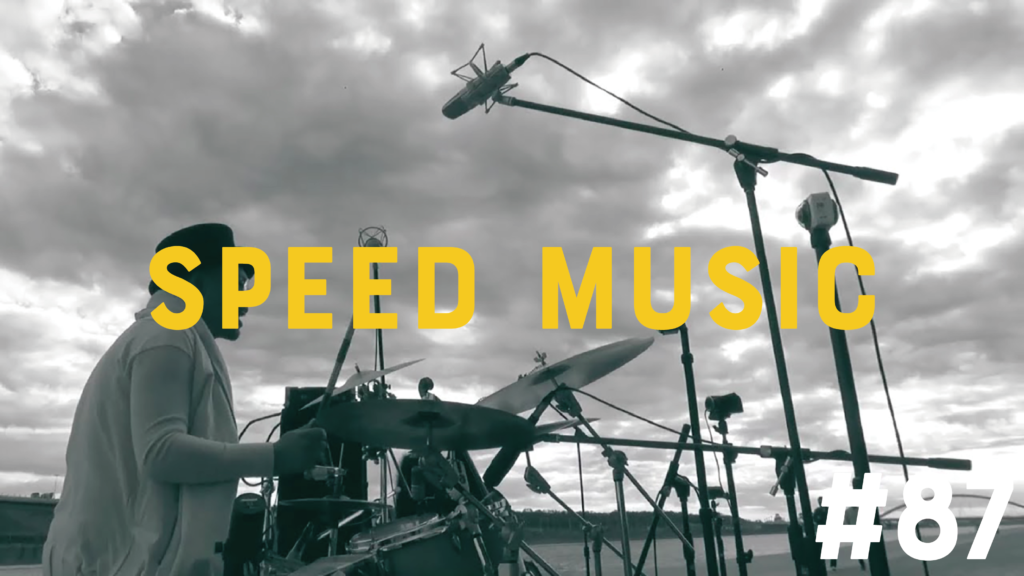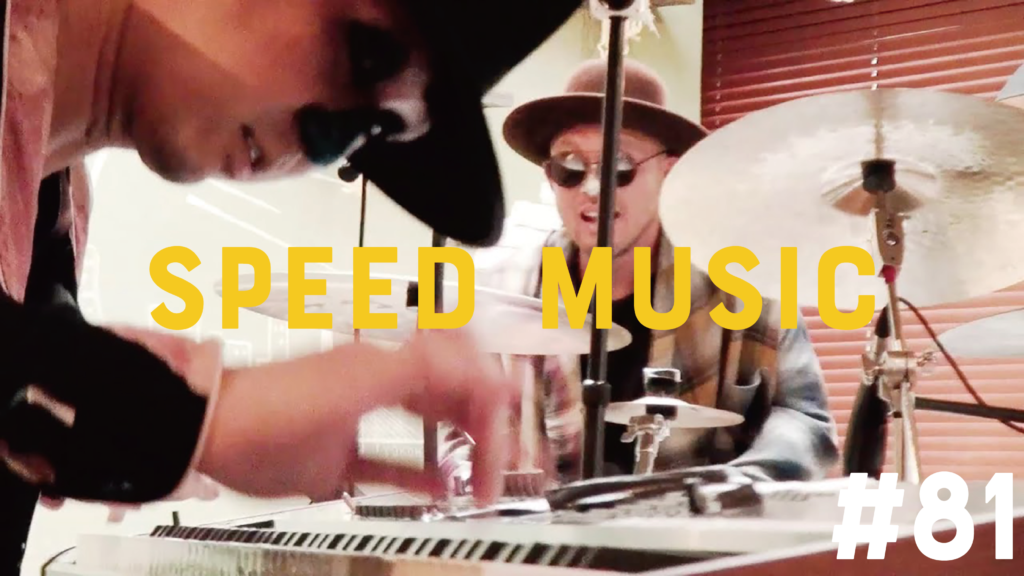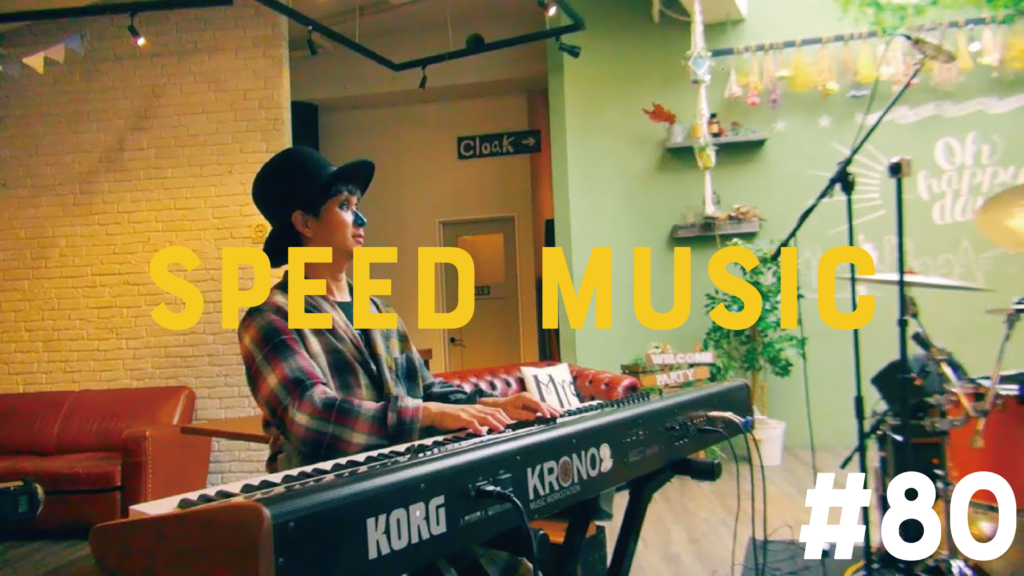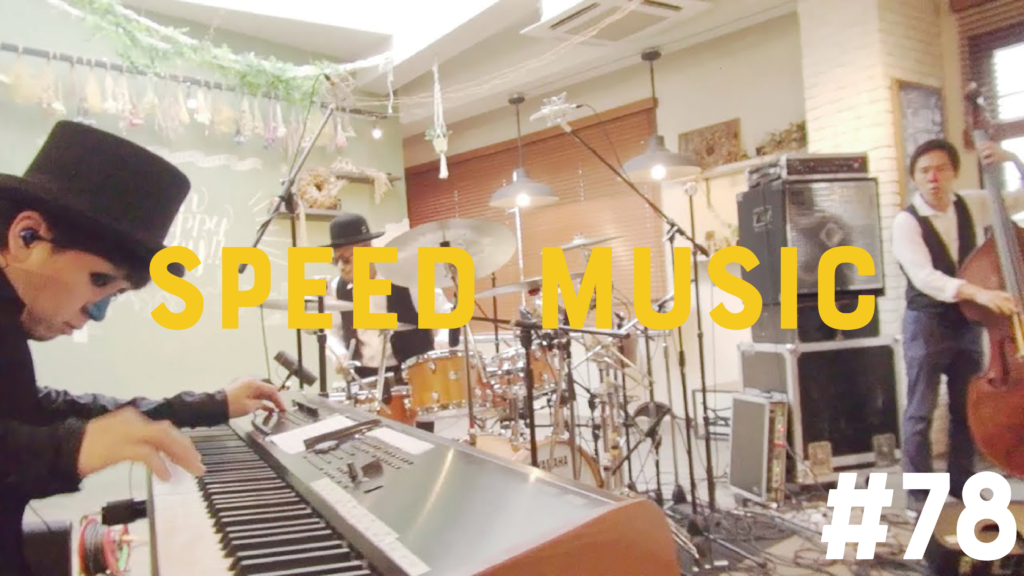#105 WON’T BE LONG / バブルガム・ブラザーズ by H ZETTRIO
バブルガム・ブラザーズの楽曲で、10枚目のシングル。6枚目のアルバム『BORN TO BE FUNKY「ファンキーで行こう!!」』の先行シングルとして、1990年8月22日に発売された。リリース後しばらく反響はなかったが、1991年3月30日の『オールナイトフジ 最終回スペシャル』(フジテレビ)にKORNがゲスト出演した際、この曲を気に入っていたとんねるずが生放送中に2度曲をかけてくれたところ、フジテレビに曲名を尋ねる質問電話400本が殺到。これをきっかけに、カラオケで歌いやすい曲調もあって大ヒットとなり、1991年12月31日の『第42回NHK紅白歌合戦』には辞退したHOUND DOGに代わり同曲で出場した。1992年1月にはミリオンセラーを突破した(累計販売枚数は170万枚)。(フリー百科事典 ウィキペディア日本語版より:https://x.gd/gSde4)
This is the Bubblegum Brothers' 10th single. It was released on August 22, 1990 as the lead single from their sixth album, ''BORN TO BE FUNKY ''Let's Go Funky!!''''. There was no response for a while after its release, but when KORN appeared as a guest on "All Night Fuji Final Episode Special" (Fuji TV) on March 30, 1991, Tunnels, who liked the song, sang it twice during the live broadcast. As a result, Fuji TV received 400 phone calls asking for the name of the song. This song became a big hit as it had a melody that was easy to sing at karaoke, and on December 31, 1991, the song appeared at the 42nd NHK Kouhaku Uta Gassen in place of HOUND DOG, who had declined. It became a million-seller in January 1992 (total sales of 1.7 million copies). (From the free encyclopedia Wikipedia Japanese version: https://x.gd/gSde4)
